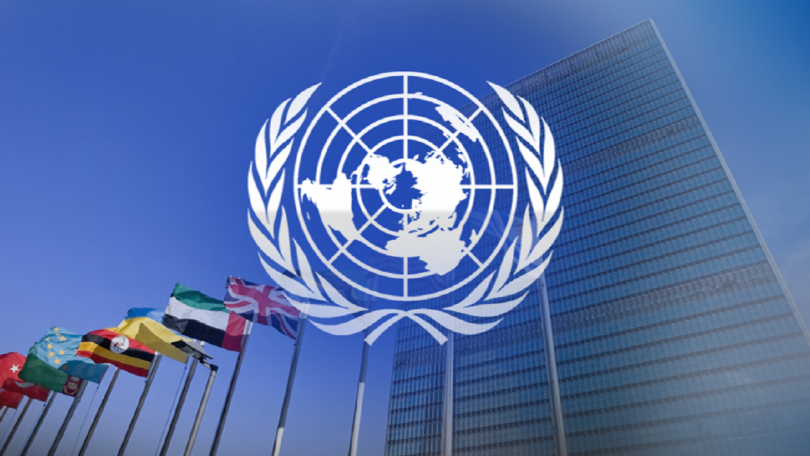Remarks to the Press by Permanent Representative Vassily Nebenzia following UNSC vote on extending the mechanism of humanitarian assistance for Syria
Q: Ambassador, the Security Council finally adopted resolution on cross-border humanitarian assistance mechanism for Syria. How would you comment on that?
A: We are glad that reason prevailed finally. We have this resolution which is so badly needed by the Syrian population, in particular in Idlib; though we could have done it much earlier, on 20 December 2019, when we basically had the same proposal on the table that we adopted today. Still, we have managed to do it and we are very glad about it.
The main clash about the draft resolution happened around the principled thing – resolution 46/182. We continuously maintained that 46/182 contained the guiding principles of humanitarian assistance that cannot be ignored even if we have an extraordinary cross-border resolution. For the first time ever the cross-border resolution has received reference to resolution 46/182 and the principles of delivering humanitarian assistance. I think this is an important step for getting these things back to normal in the future.
Q: Ambassador, can you assure us that aid will get to northeast Syria?
A: I would like to assure that aid is already getting to northeast Syria, which is reflected in the UNSG report. It is getting there cross-line as they call it. However, the resolution tasks the Secretary-General to look into ways to ensure direct roots to reach the people in need in Syria, including its North-East. That is what we discussed.
Q: If the Secretary-General comes back and suggests a different crossing from Iraq to access North-East, is Russia open to adopt another resolution?
A: We are open to anything, let us see what the report of the SG will be. He has to explore it. We discussed it with the SG as recent as yesterday, and he said that of course the UN should be looking and should have been looking into this issue, and that they will be looking into that. I would not call it a commitment, but he pledged they would be doing it. In fact now it has become a commitment, because it is reflected in the resolution.
Q: What does this division say about the broader dynamics in the Security Council, with crisis in the Middle East, and what may be to come from North Korea?
A: You are asking a far too difficult question on Friday night, after an exhausting Security Council meeting, and you want a reply that would require to be a university professor, which I am not.
Q: Could you please elaborate, if the Council finally adopted what Russia had proposed in December, why did Russia abstain today then?
A: We were working on our resolution. Then we agreed to work on the text of the penholders. Not everything in this resolution completely satisfies us, but we went along as a matter of compromise, and we abstained to let the resolution go, like we did previously. But if it had been our resolution that had to be adopted, we would have definitely voted in favor. Thank you.
